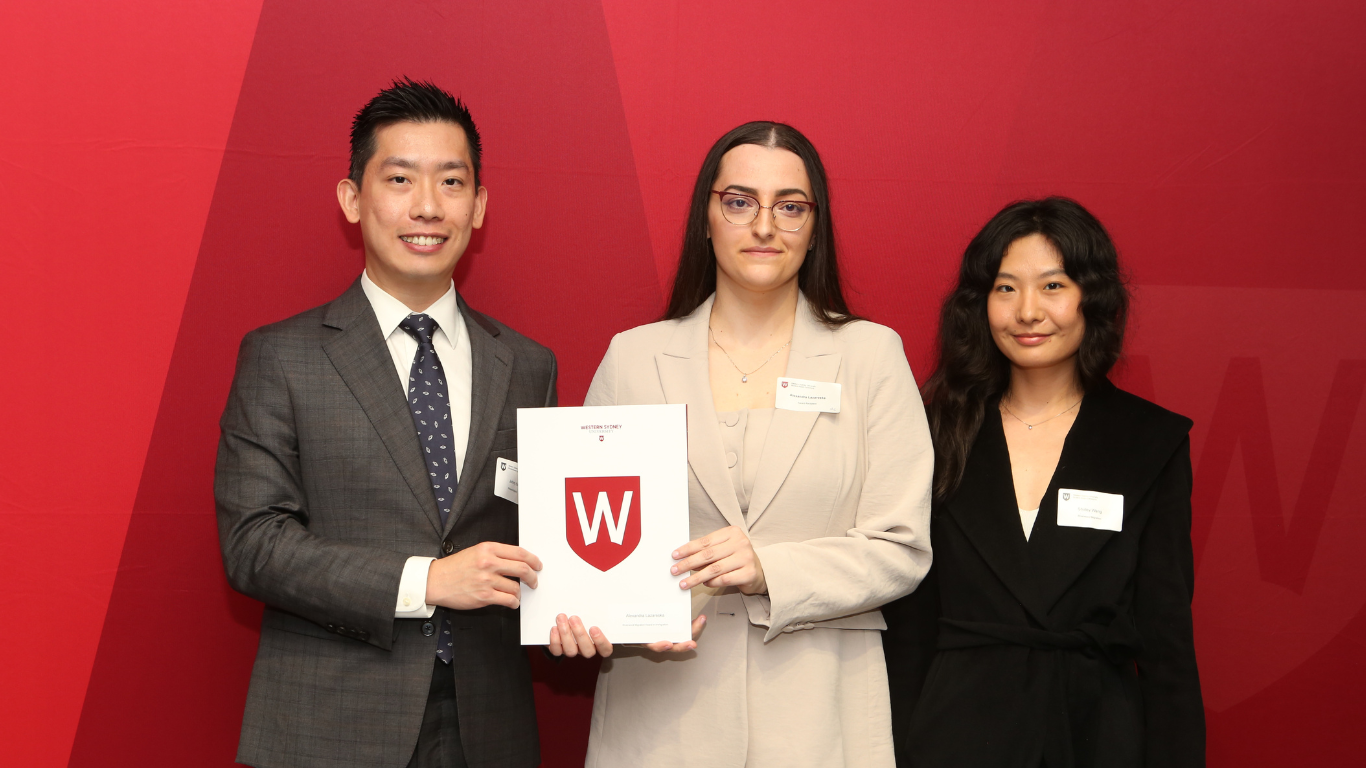ANU Vice-Chancellor Resigns|Leadership Crisis and Future Challenges
The Australian National University (ANU), one of Australia’s most prestigious institutions, has been rocked by major news: Vice-Chancellor and President Genevieve Bell has announced her resignation. Since taking office in early 2024, Bell introduced a series of structural reforms, including large-scale staff cuts, faculty restructures and course changes. While aimed at addressing financial pressures and improving efficiency, these measures provoked widespread discontent among staff and students. With opposition mounting and trust within the university community eroding, Bell ultimately chose to step down. She will return to academia as a Distinguished Professor following study leave. The decision highlights the deep challenges facing ANU’s leadership.

Source: ABC News
Key Issues and Criticisms
- Financial pressure and cost-cutting: In response to budget shortfalls, Bell’s reforms triggered anxiety among staff and were criticised for undermining teaching quality and research capacity.
- Governance and transparency concerns: Faculty leaders and staff criticised the decision-making process as opaque, widening the gap between the Council and the broader university community.
- Campus culture deterioration: Reports of excessive stress and claims of a “toxic culture” have raised serious concerns about workplace safety and staff wellbeing.
- Impact on courses and faculties: Some programs and faculties were restructured or proposed for closure, sparking fears among students about program stability and graduation pathways.
Implications for Students and Applicants
The leadership upheaval is not only a governance matter—it has practical consequences for current and prospective students. Program instability may affect course planning, while structural changes could disrupt study progression. For future applicants, questions arise around academic stability, while reputational damage and potential impacts on rankings may affect employment and research opportunities for graduates.
Future Challenges and Key Watchpoints
- Leadership vacuum and rebuilding trust: Acting Vice-Chancellor Rebekah Brown has stepped in, but whether the next permanent VC can restore transparency and confidence will be critical.
- Governance reform: Stronger oversight and a more participatory decision-making process are essential to bridge the gap between the Council and staff.
- Balancing finances with academic mission: Achieving financial sustainability without eroding academic quality and resources remains one of ANU’s toughest challenges.
- Cultural repair: Addressing workplace stress, staff morale and mental health support will be vital to retain talent and attract students.
The resignation of ANU’s Vice-Chancellor is more than an individual departure—it exposes systemic pressures in the governance of Australian higher education. For students and applicants, rankings and reputation matter, but so too do leadership stability, transparency, and campus culture. Whether ANU can emerge from this turbulence will depend on its next leadership team’s ability to balance fiscal realities with its academic mission.
If you have any questions, please feel free to contact us at Riverwood Migration (Email: [email protected]), or book a consultation. We are committed to providing transparent and professional migration services to help you secure your visa and achieve your goal of moving to Australia.






